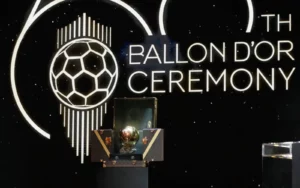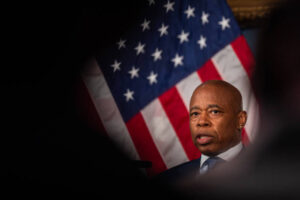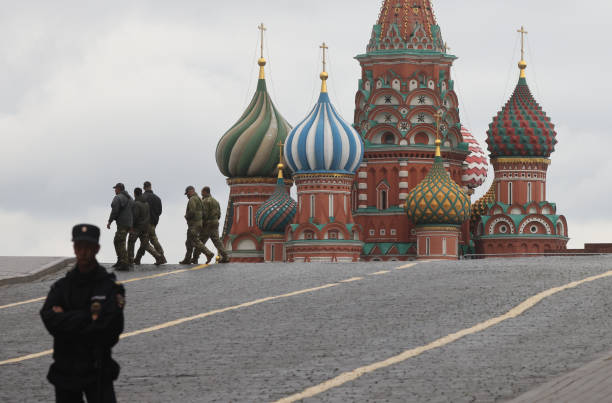An explosion in the heart of Moscow
The attack took place early in the morning in a residential area of the capital. A bomb, concealed in an electric scooter, exploded as the general and his assistant were walking towards their vehicle. The explosion was triggered remotely. Both men died instantly.
According to initial reports, the operation had been carefully prepared. The Russian Federal Security Service (FSB) has arrested a suspect. He is a 29-year-old man from Uzbekistan. According to the FSB, he was recruited by the Ukrainian secret service. He is believed to have monitored Kirillov’s movements using a camera hidden in a vehicle before detonating the explosive device.
Ukraine claims responsibility for the attack
A few hours after the attack, the Ukrainian Security Service (SBU) claimed responsibility. In a statement, it described Kirillov as a ‘war criminal’. For the Ukrainian authorities, this operation was aimed at a legitimate target.
Ukraine accuses the general of having orchestrated the use of chemical weapons at the front. According to the SBU, these weapons have been used around 5,000 times against Ukrainian forces since the start of the war. Although these claims are difficult to verify, they demonstrate Kiev’s desire to strike directly at Russian military leaders.
Reactions in Russia: anger and promises of reprisals
In Moscow, the attack provoked a strong reaction. Dmitri Medvedev, former Russian president and current vice-president of the Security Council, denounced the attack as an act of ‘terrorism’. He promised reprisals against Ukraine’s military and political leaders. ‘This crime will not go unpunished’, he said in a message on Telegram.
Other Russian officials paid tribute to Igor Kirillov. They described the general as a dedicated scientist and patriot. In the state media, Ukraine was described as a ‘terrorist state’. The authorities have also stepped up security measures in Moscow. Stricter controls have been introduced in strategic areas to prevent further attacks.
A controversial general
Igor Kirillov held a key position in the Russian army. He headed the forces responsible for radiological, chemical and biological defence. As head of this unit, he played a strategic role in the protection and use of these weapons. However, his involvement in the war in Ukraine made him a target. Kiev accused him of supervising chemical attacks on Ukrainian soldiers. These accusations, although rejected by Moscow, attracted the attention of several international NGOs.
Intensification of targeted attacks
This attack is not an isolated case. It is part of a series of operations targeting key figures in the Russian military apparatus. A few days before Kirillov’s death, another event struck Moscow. Mikhail Chatski, a weapons engineer and cruise missile designer, was shot dead. Here again, the Russian authorities pointed the finger at the Ukrainian secret services. These attacks show that the war between Russia and Ukraine has gone beyond the battlefield. They are evidence of an intensification of clandestine operations, with each side seeking to weaken the enemy’s command structures.
A dangerous spiral
Kirillov’s death could have major consequences. By targeting high-ranking officials, Kiev is sending out a clear message: no one is untouchable. But this strategy carries risks. Moscow has already promised retaliation. These could in turn hit Ukrainian officials, fuelling a never-ending escalation. What’s more, these attacks make any peace talks even more difficult.
The murder of Igor Kirillov shows that the war between Russia and Ukraine is intensifying. The red lines seem to be disappearing. Targeted attacks and accusations of war crimes reflect a conflict where all means are being used. As tensions rise, this attack risks triggering a new wave of violence. Against this backdrop, the prospect of a diplomatic resolution seems even more remote.










